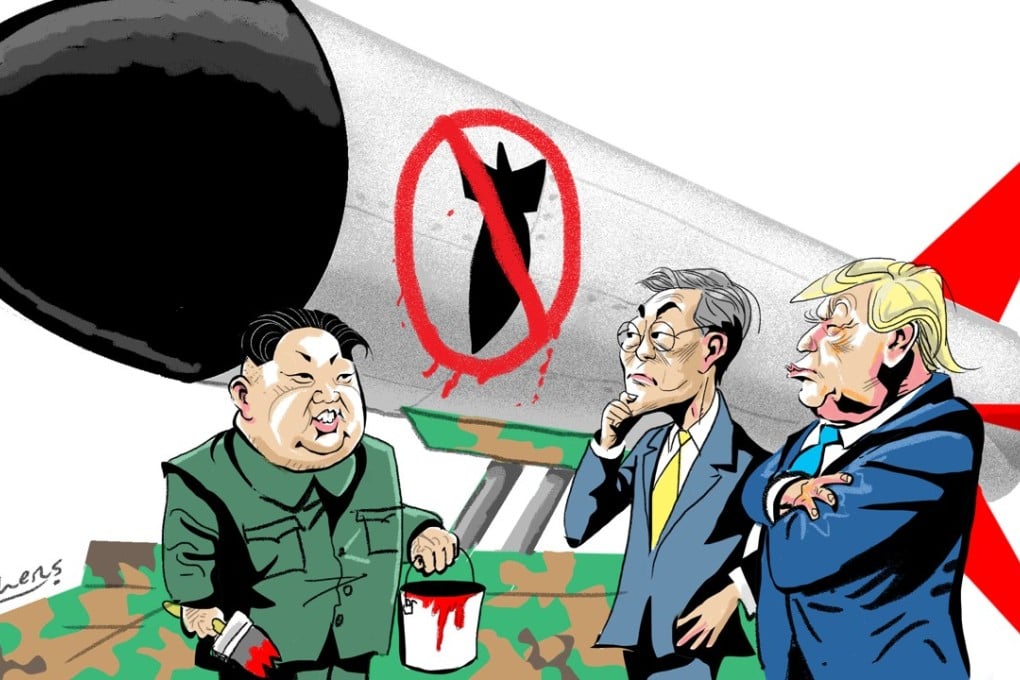Why Kim Jong-un’s promise of a nuclear-free North Korea should not be trusted
Deng Yuwen says Kim has rightly calculated that he needed to make some concessions to ease international pressure on his regime, but he will never totally give up the nuclear programme that North Korea has invested so much in

According to this third article, the two Koreas agree on the urgent historic task of ending the “current unnatural state of armistice” and pledge to build an enduring peace mechanism on the peninsula. As part of this larger goal, point No 4 says the two Koreas “confirmed the common goal of realising, through complete denuclearisation, a nuclear-free Korean peninsula”. In other words, the peace process could proceed even if denuclearisation efforts stall.
It was not out of negligence that the declaration was written this way. North Korea intends to make denuclearisation only a sub-item to consider when it comes to peace-building – a far cry from what the outside world expects.
Certainly, denuclearisation isn’t the only issue of concern in North-South relations, but it should top the list of priorities.
Indeed, ahead of the summit, South Korea listed three key issues for discussion: denuclearisation was the first, then came the possibility of setting up a permanent peace-building mechanism, and building sustainable inter-Korea relations.